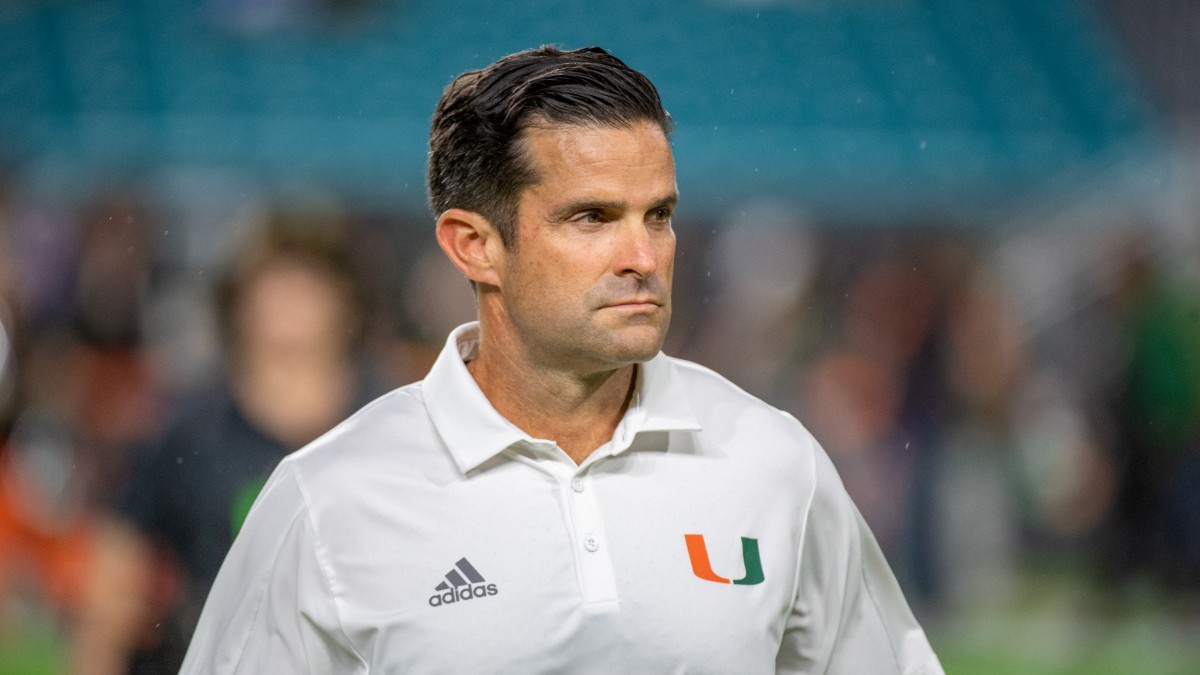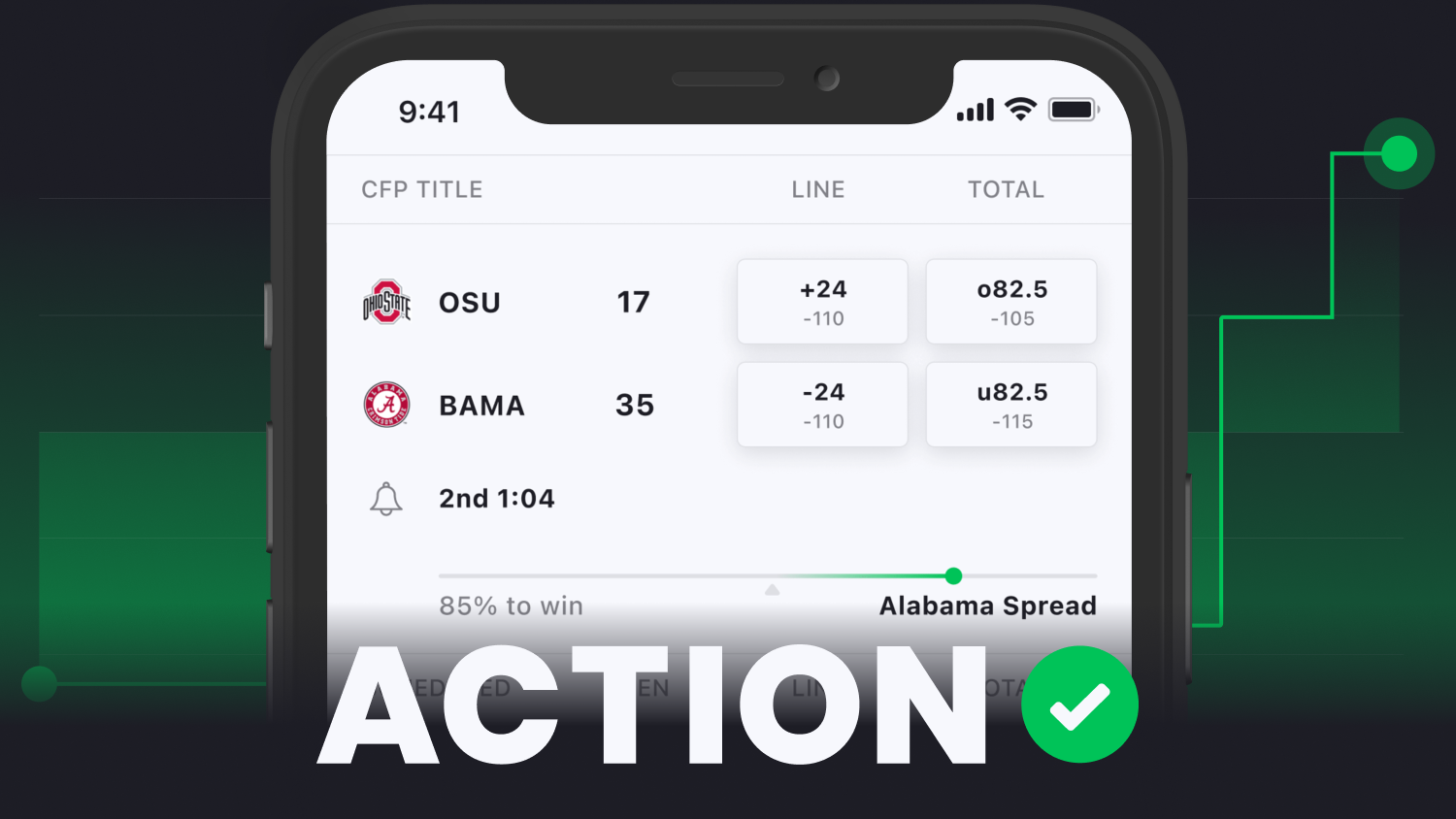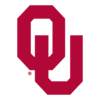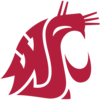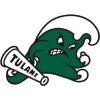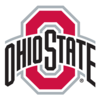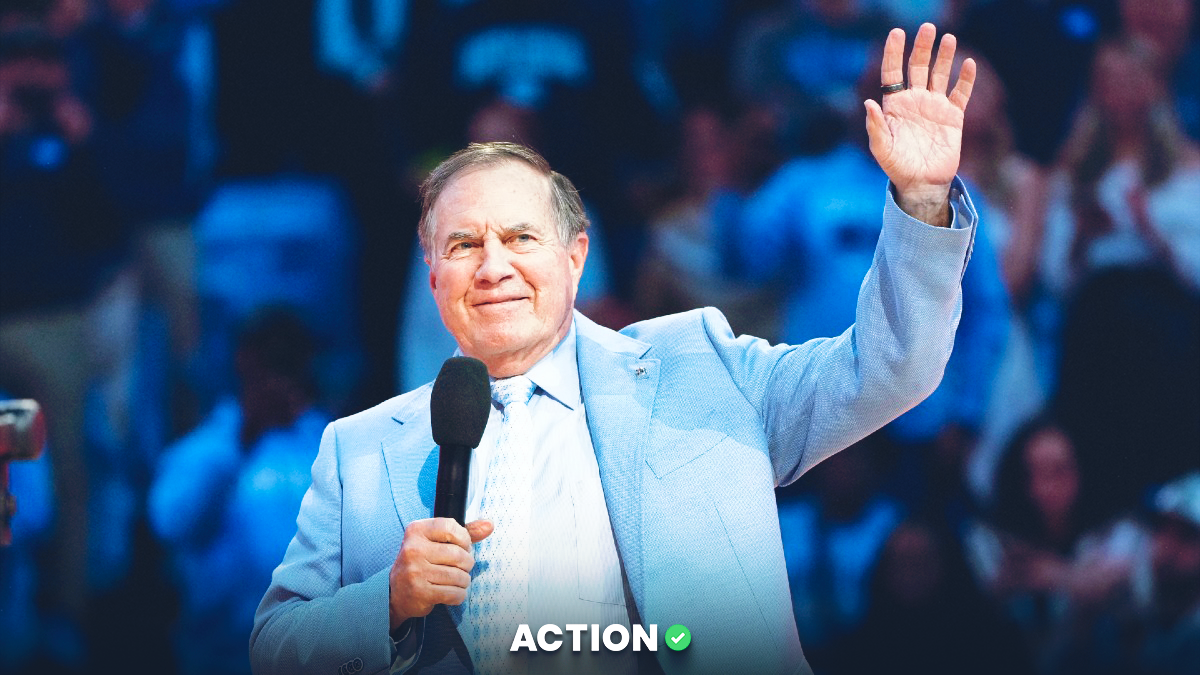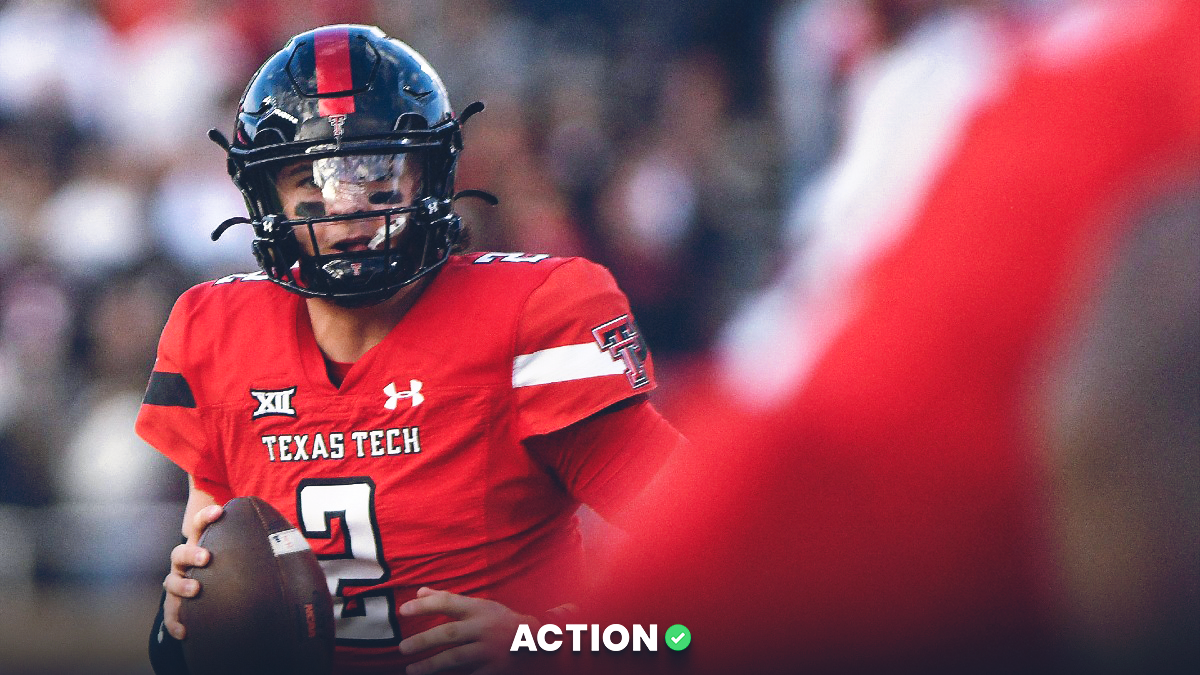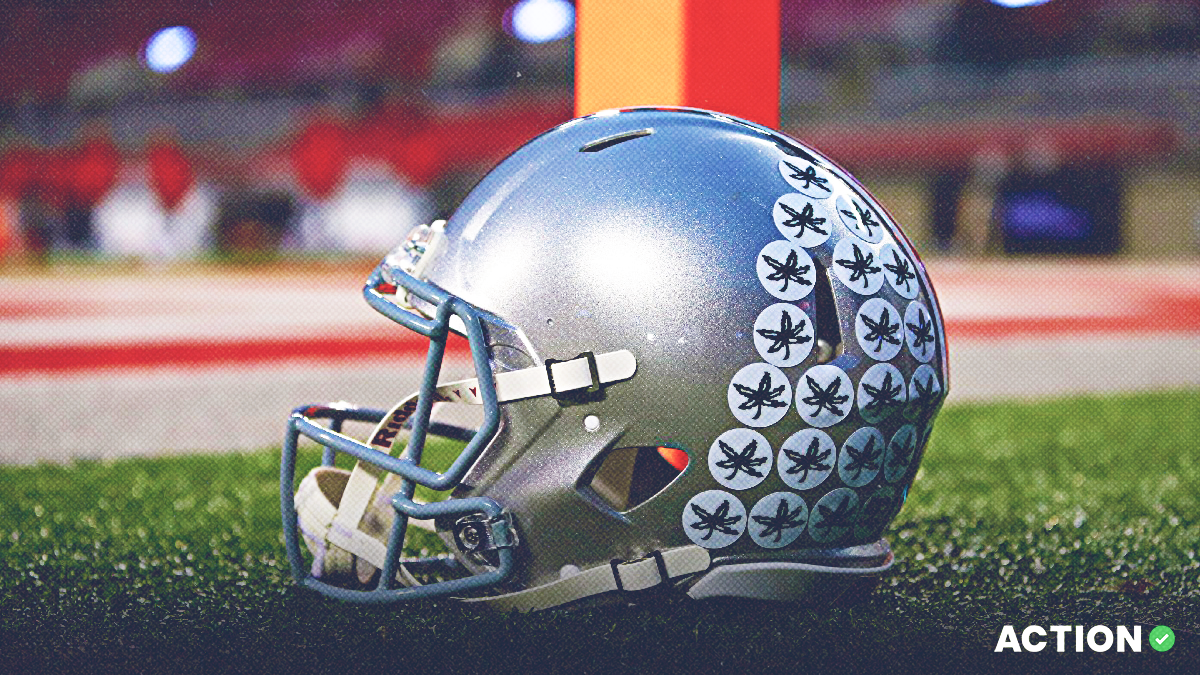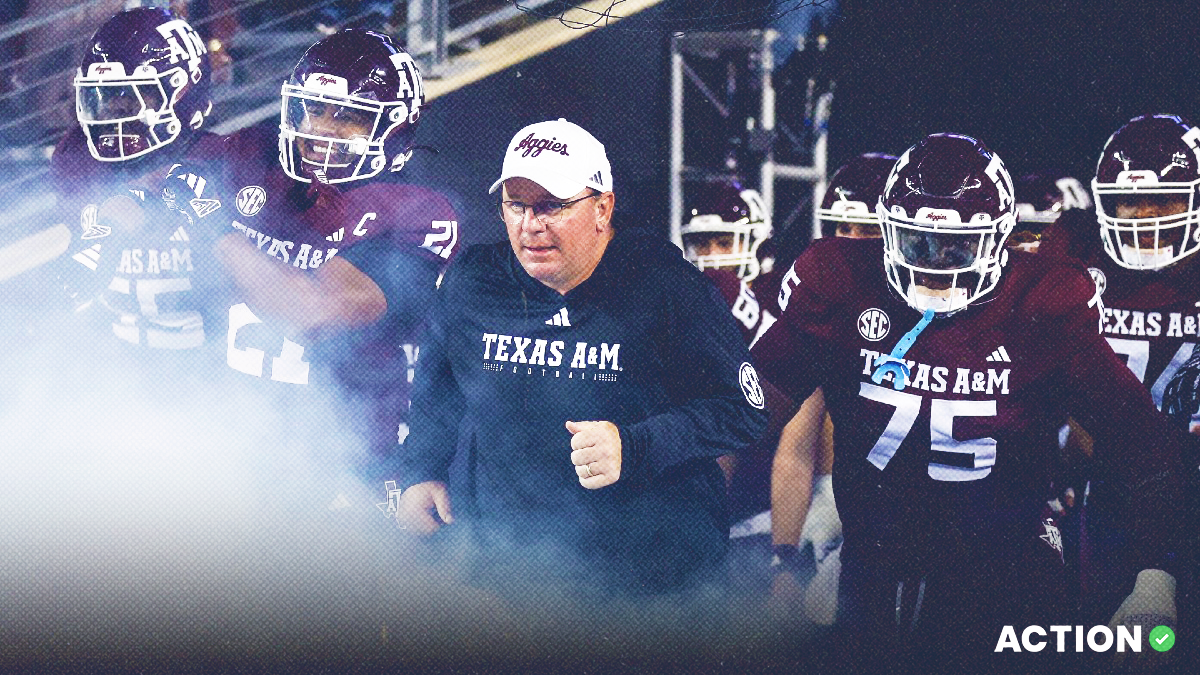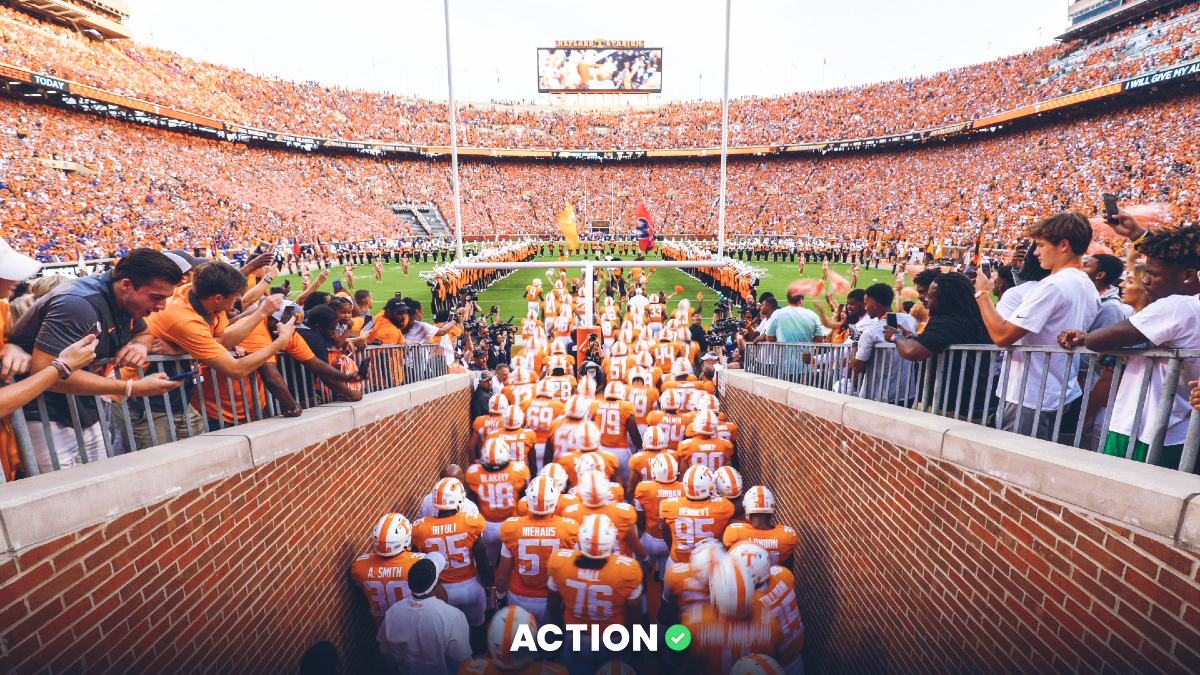Splashy transfer portal news, conference realignment rumors, and TV contact negotiations have a way of drowning out coordinator hires at the college level.
Most casual fans can reel off the five-to-six major head coaching moves of the offseason, but drill deeper and ask them about offensive and defensive coordinators, and you may receive a few blank stares.
With head coaches morphing into de facto CEOs — oftentimes forfeiting play-calling duties — coordinators end up shaping games in meaningful ways each Saturday.
To keep a handle on which new hires could potentially mean the most to their respective schools, I put together a 12-coach list — six offensive coordinators and six defensive coordinators — for your reference.
Offensive Coordinators
Josh Gattis, Miami
Let’s start with the reigning Broyles Award winner (Nation’s Top Assistant Coach).
When Gattis arrived in Ann Arbor, MI in 2019, the passing attack was coming off of a dreadful season (215 ypg, 80th). Not only did the Wolverines fail to generate big plays (20+ yard plays, 66th), but they couldn’t punch it in when they got inside the red zone (59% TD, 83rd).
By the time Gattis’ rehab project was done, Michigan had finished its 2021 campaign in the College Football Playoff with the following stats to boot:
- 35.8 points per game (16th)
- 0.51 points per play (9th)
- 443 yards per game (24th)
- 46.3% 3D Conversions (10th)
- 23 Plays of 40+ yard (7th)
- Red Zone Efficiency (21st)
He did all of that without a true game-changer at quarterback.
This year he inherits Tyler Van Dyke at the position and a bevy of quality skill position players to work with.
I fully expect Miami to work out the kinks in the first two games (Bethune-Cookman, Southern Miss) before giving Texas A&M a run for their money at Kyle Field.
Zach Kittley, Texas Tech
A true rising star in the coaching ranks, Kittley set the world on fire last season as Western Kentucky’s offensive coordinator. Under Kittley’s tutelage, Bailey Zappe became just the sixth quarterback in FBS history to record at least 5,000 passing yards and 50 touchdowns.
In one season, WKU went from 111th in passing yards per game to first, the largest single-season jump in the history of college football.
And if you’re thinking, well, Kittley and the Hilltoppers just feasted on Group of Five defenses, that’s not entirely true.
Kittley and company faced two Big Ten defenses last season and averaged 426.5 yards through the air. They also connected on six passing touchdowns against zero picks.
Look for more of the same this season in Lubbock, as Kittley transforms Tyler Shough into a household name.
Jeff Lebby, Oklahoma
Lebby is a well-established star in the coaching ranks who is primed to keep the OU offensive engine humming. Everywhere he’s been, he’s excelled.
At Baylor, he was a part of the offensive staff behind Robert Griffin III’s Heisman campaign.
He stuck around in Waco to coach running backs for four more seasons after RGIII’s departure, producing 1,000-yard rushers each year. That culminated with the 2015 running back room that finished second-nationally in rushing.
Later in his career, he was the offensive coordinator for two undefeated regular seasons at UCF before heading to Ole Miss to coach up Matt Corral.
The fact that we get to see Lebby reunite with Dillon Gabriel this fall is just icing on the cake. He’s arguably the surest thing in terms of an OC hire this entire offseason cycle.
Eric Morris, Washington State
The first half of this list has featured coaches you’re probably familiar with to some degree.
Morris, the former Incarnate Word head coach, is likely not on your radar. But he should be.
Morris took over IW back in 2018, coming off of an atrocious 1-10 campaign. By the time his rebuild was complete, IW had won 10 games and made the FCS playoffs. In the second round, it nearly upset Sam Houston State, the defending FCS champs.
He did all this with an Air Raid offense for the ages. In back-to-back seasons, his offenses finished top-five in scoring behind the stellar quarterback play of Cameron Ward.
Guess who Morris brought with him to the Palouse? You guessed it, Ward. The Walter Payton Award finalist (47 passing TDs) is taking his talents to the Pac-12, and will likely take the league by storm.
Morris, the former Mike Leach protege, will make a massive impact from day one in Pullman.
Jim Svoboda, Tulane
If you were intrigued by Washington State dipping into the FCS ranks, could I interest you in a D-II offensive innovator?
Svoboda spent 11 years as Central Missouri’s head coach. During his time in the Show Me State, the Mules broke 108 school offensive records and 21 Mid-America Intercollegiate Athletic Association (MIAA) offensive records.
He coached up 28 D-II All-Americans, and his teams regularly finished in the top 10 in passing yards per game.
Last season, his offense averaged 333.5 yards per game through the air.
This is great news for Michael Pratt and a Tulane offense brimming with potential. The buzz coming out of the spring was the new passing attack — which blends West Coast principles with RPO wrinkles — was virtually unstoppable.
Look for them to unleash a scoring bonanza on UMass and Alcorn State before a trip to Manhattan to take on Kansas State in mid-September.
Mark Whipple, Nebraska
Young and up-and-coming, Whipple is not. The former Division I-AA National Coach of the Year (‘98) had become a bit of a traveling salesman before landing at Pitt in 2019.
He wasn’t an instant success in the Steel City, but his final act for the Panthers was undeniable. Pitt won the ACC behind Kenny Pickett, averaging 487 yards (8th) and 41.4 points per game (3rd).
Did Whipple finally crack the code, or was it a perfect storm of a veteran quarterback and a highly-skilled receiving corps? We’re about to find out in Lincoln, as he tries to run back his historic season as a play-caller.
If this offense really pops the way some are expecting it to, laser in on player props overs on Trey Palmer, who is sliding into the same role that Whipple carved out for Jordan Addison, the 2021 Biletnikoff Winner.
Defensive Coordinators
Manny Diaz, Penn State
Let’s get this out of the way right away, Diaz was a middling head coach. But his mediocrity as a program’s CEO has little to nothing to do with his pure coaching ability.
Being a head coach in 2022 has more to do with recruiting and ego management (boosters) than the Xs and Os. And when it comes to game-planning and strategizing as a DC, Diaz is in an elite class. It’s the reason why he was nominated as a Broyles Award finalist in his final three seasons as a DC.
Now that he’s back in the saddle as a coordinator, I’m bullish that he can elevate a decent Penn State defense into an elite one. His secondary returns a lot of experience and could be one of the very best in the Big Ten after finishing last season ranked 23rd against the pass.
The key will be generating pressure, a calling card of Diaz. In his last three seasons as Miami (FL)’s defensive coordinator from 2016-2018, the Canes finished eighth, fifth and first in TFLs generated.
I expect him to bring that havoc to Happy Valley right away.
Joe Gillespie, TCU
Gillespie is a bit of a late-bloomer because he cut his teeth as a high school coach in Texas for two decades. Whatever happened in the Lone Star State on Friday Nights has certainly served him well because there may not be a sharper mind in college football today.
In three seasons, Gillespie turned Tulsa into a defensive power. His 3-3-5 alignment is perfectly suited to slow spread offenses.
It helped turn around a lackluster Golden Hurricane defense that finished 76th in total defense and 70th in scoring defense in 2018. By year two in Gillespie’s system, Tulsa was top-30 in scoring defense, total defense, Havoc, forced fumbles and 3rd down and red zone defense.
In short, he’s a miracle worker.
He’ll need to work another miracle in Fort Worth. Much like Tulsa back in 2018, TCU is a mess on the defensive side of the ball. The Frogs were outside the top 100 in a handful of key metrics, most notably rushing defense (122nd) and TFLs (127th).
A talented crop of transfers and six returning starters give Gillespie something to work with, but I wouldn’t expect a complete turnaround in year one.
What I would say, is that against lesser offensive competition (Colorado, Tarleton State, Kansas) early in the season, expect the Horned Frogs to turn some heads with promising defensive performances.
Jeremiah Johnson, Kent State
If you’re looking for a major impact, why not start with a DC tasked with turning around a complete dumpster fire of a defense?
Kent State’s defense was historically bad last season, no matter how you sliced it. The Flashes couldn’t slow teams on the ground or through the air and as a result, they gave up 36.3 points per game, far and away the worst figure of any bowl team last season.
So, what can Johnson do to fix things in year one?
Right away, you’ll notice the Golden Flashes playing a more aggressive brand of defense. In his last three seasons as Northern Iowa’s DC, Johnson’s defenses finished in the top 15 in scoring defense, total defense and turnovers forced.
Last season, his unit generated 35 sacks, 14th in the FCS.
Many outlets, most notably Bill Connelly of ESPN, are projecting this unit to be among the 10 worst in college football this season. But I believe we’ll see a marked improvement from the Golden Flashes.
After a brutal start (at Washington, at Oklahoma, at Georgia), I would recommend grabbing Kent State at favorable odds in the opening month of the MAC season.
Jim Knowles, Ohio State
From an unknown to the man of the hour, in coordinator circles at least. Knowles, the 2021 FootballScoop Defensive Coordinator of the Year, coached up a unit that led the nation in TFLs per game (8.36).
The Pokes were also top-five nationally against the run and had the second-best 3rd down defense in the nation (28.4% allowed).
Given the talent he has to work with in Columbus, I’m expecting a sizeable improvement for the Buckeyes right away.
This was a defense that couldn’t get off the field on 3rd downs (92nd), wasn’t nearly disruptive enough by way of TFLs (48th) and gave up a lot of chunk plays (20+ yards, 50th).
From a pure talent standpoint, Ohio State has the horses for this to be a top-10 unit, but even if it just cracks the top 20 in a handful of key metrics, the program will leap from a title contender to the odds-on favorite when you consider how good its offense will be this fall.
John Rudzinski, Virginia
An Air Force lifer has finally flown the coop, and I’m excited to see what he can do in the Power Five.
In his four years as a defensive coordinator in Colorado Springs, the Falcons’ defense improved every season, topping out as an elite unit in both 2020 and 2021. Rudzinski’s 2020 defense finished third-nationally in scoring, making it the best at the Academy since 1997.
The team also ranked fifth nationally in passing yards allowed (166.8) and fourth in red zone defense.
For an encore, his defense finished fourth nationally in 2021. The Falcons were stout against the run once again (102.2 ypg) and shut down the skies when the ball was in the air (194.4 ypg, 19th). They even generated 37 sacks, the highest total from an AF defense in six seasons.
The defense returns five starters in Charlottesville, but the unit was gashed last season game in and game out.
I anticipate Rudzinski turning things around, and the Cavs' offense taking a step back, as they break in five new offensive linemen in front of Brennan Armstrong.
With most casual bettors considering 2021 statistics, that means I’ll be playing a handful of UVA unders in the opening month of the season.
Bob Shoop, South Florida
South Florida has to improve this fall or its curtains for Jeff Scott. The former Clemson OC is 3-18 in two seasons in Tampa and needs to win now.
The good news is that the Bulls return a ton on offense and brought in a seasoned quarterback via the transfer portal.
What they need is the defense to improve by leaps and bounds. They were essentially scarecrows on defense last season, allowing teams to run right by them on every single play. Surrendering 480 yards per game is a sure-fire recipe to lose a lot of football games.
The veteran defensive coordinator, Shoop, has made three stops in the SEC and one in Happy Valley, and earned a reputation as a respect defensive mind. A two-time DC of the year, he’s guided truly spectacular defenses in recent seasons.
In 2018, he directed the nation’s No. 1-ranked unit at Mississippi State (263.1 ypg) and the second-rated defense at Penn State (278.7 ypg) in 2014.
Considering his three decades' worth of experience, he’s also adapted nicely to the analytics movement incorporating calculated risks into his play-calling. That makes sense, considering he did graduate from Yale with a degree in economics.
I’m not sure which is a taller task in 2022: fixing inflation or the USF defense. Luckily for Shoop, even baby steps in the latter should be enough to help the Bulls flirt with bowl eligibility this fall.
I’ll be targeting them plus the points in the opener against BYU, solely because of the Shoop hire.


